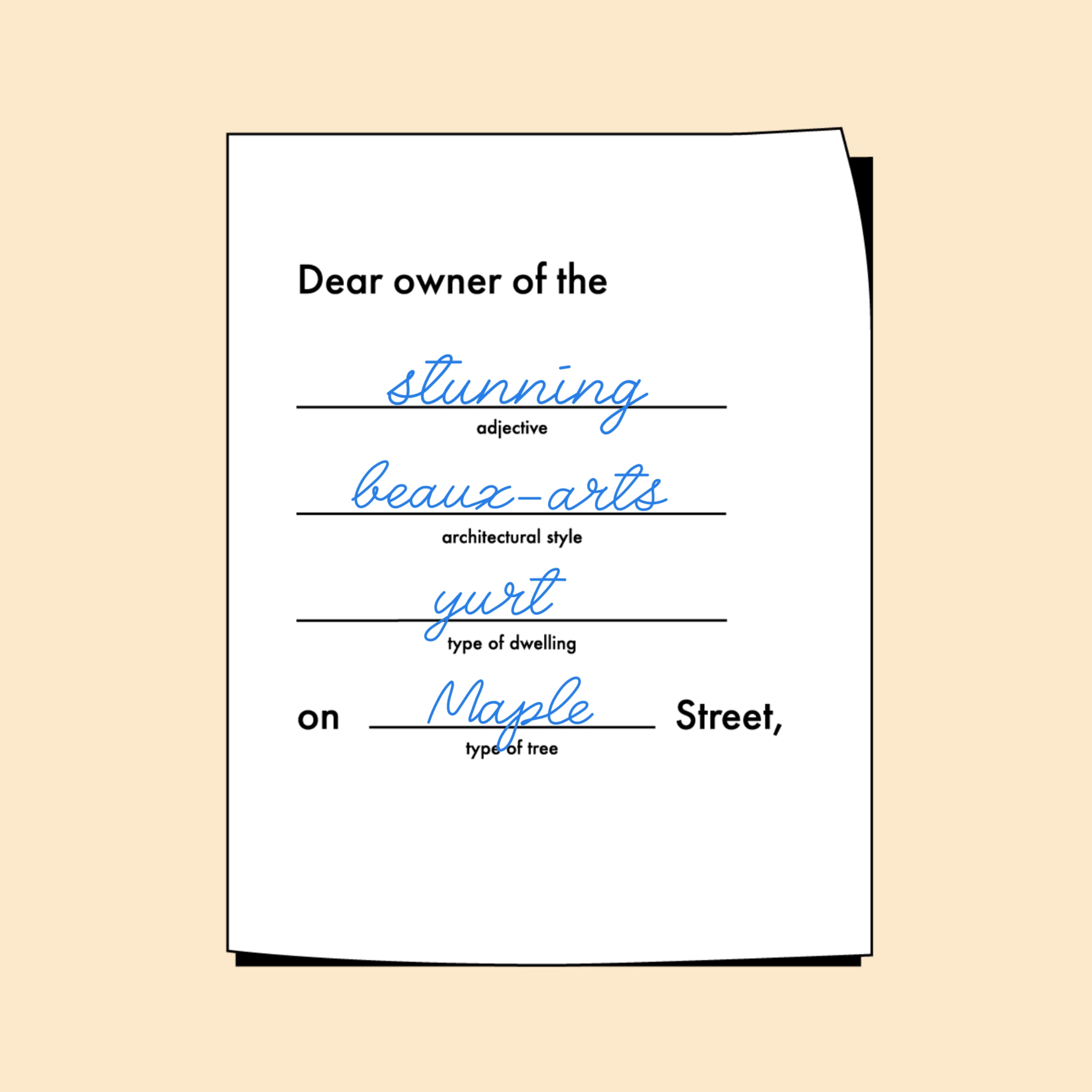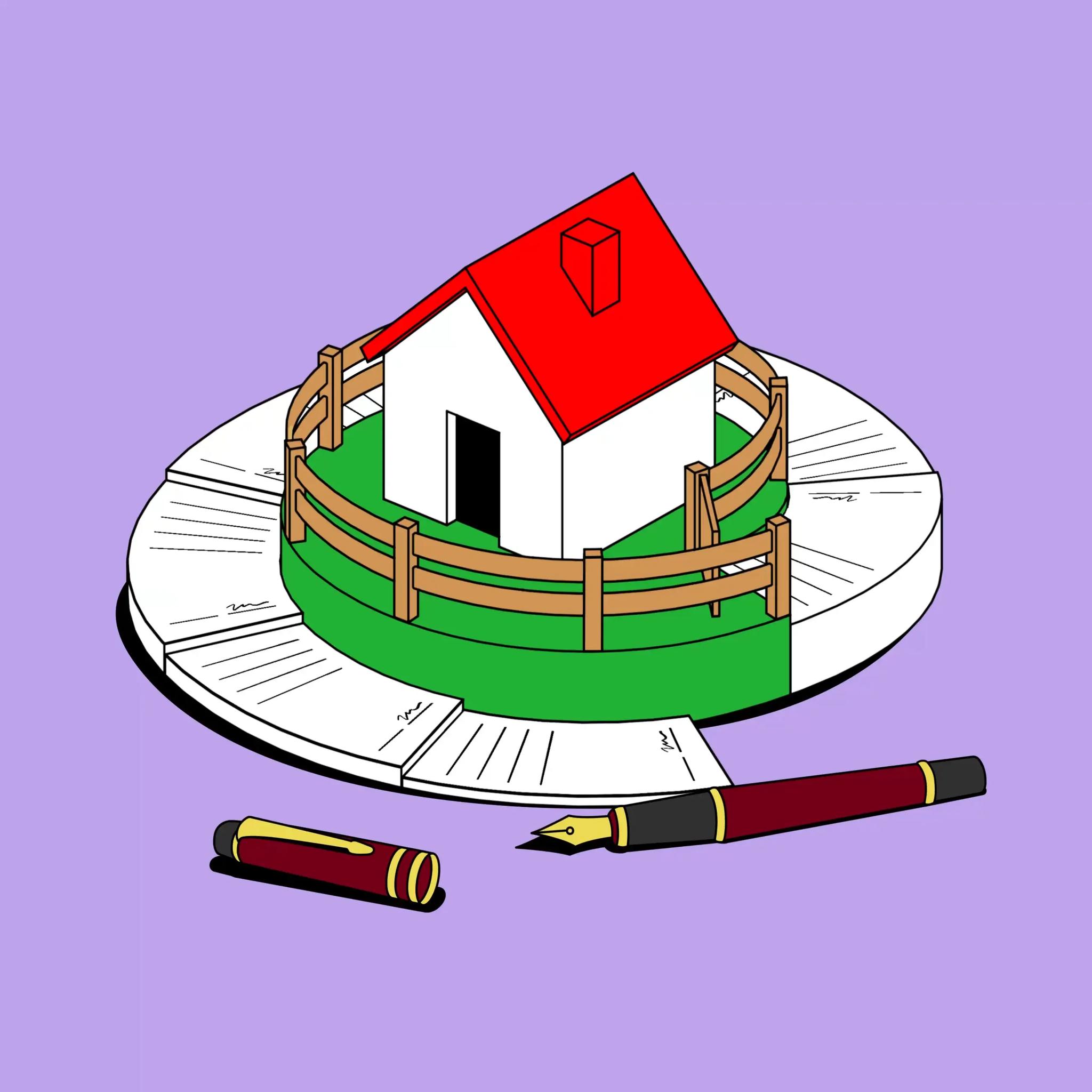To find the right mortgage for you, you’ll need to understand the terms you’re about to encounter — and how much they matter.
Fixed vs. variable mortgage
A fixed-rate mortgage has an interest rate that doesn’t change over the term of the loan. If your rate is 4% in the first month, it’ll be 4% in the last. Which means your monthly payment stays exactly the same too.
A variable-rate mortgage refers to a loan in which the interest rate fluctuates up or down with market conditions. It’s based on the lending institution’s prime rate, which is basically the Bank of Canada’s main interest rate, plus or minus a discount or premium. (The discount or premium depends on things like a higher down payment and whether or not the owner will live in the home.) When the central bank rate goes up or down — which can happen at eight points throughout the year — your interest rate does too.
Just to keep things interesting, some variable-rate mortgages have fixed payments. If interest rates go up with this type of mortgage, you owe the same amount, only more of it goes toward interest — and less toward principal, meaning it’ll take longer to pay off your loan. With other variable-rate mortgages, the payment increases in order to account for additional interest owed.
Historically speaking, fixed-rate loans have tended to have higher rates than variable, but there are exceptions.
Choosing between the two is largely a question of risk tolerance. A fixed rate is the conservative choice, especially if you’re on a tight budget and can’t afford any surprises. And if you’re shopping for a mortgage at a time when interest rates are relatively low, it can be a smart way to lock in that rate for the full term of your loan. A variable rate is more of a dice roll, but if you’re applying when rates are high, you’ll start to benefit if and when they come down.
Open vs. closed mortgage
Open mortgages are very rare, and probably not for you. But it’s still good to know what the term means. Open mortgages come with higher interest rates (usually 3% to 4% higher than closed options), but they can be paid off early or refinanced without penalties. When they are used, it’s often in unique circumstances. For example, a buyer at the end of their loan term who is waiting for their home to sell might get an open mortgage as a short-term solution.
Then there are closed mortgages, aka the type of mortgage you are most likely going to get. If you try to pay those off early in one lump sum, it can cost you quite a bit. But there are two pieces of good news there:
There aren’t a ton of reasons you’d pay off a closed mortgage all at once. If you buy another home, you can usually transfer the mortgage to the new place if you’re still within your term.
There is a way to pay down your principal ahead of schedule. You just can’t do it all at once. Almost all closed mortgages let you pay a portion of your balance early if you want to. The most common amount is 20% per year, but of course, it depends on your specific mortgage.
Mortgage term length
The term is the period of time you are locked into your particular interest rate, payment structure, and lender. Most mortgages in Canada have three- or five-year terms (though more lenders are starting to offer seven- and 10-year options). The rates on a five-year term are usually lower than those on a three-year.
If rates are on the high side when you’re shopping for a mortgage, you’ll probably want the shorter three-year term. Then you can hope for a better climate when it’s time to renew. A longer term, meanwhile, offers more protection from the forces of inflation. The biggest thing to remember: guessing at the future is mostly a fool’s errand. Make this decision based on your risk tolerance and your cash flow, not your crystal ball.
Amortization schedule
Amortization schedule is a fancy way of saying how long it’ll take to pay the bank back, given the specifics of your current term. In Canada, the typical amortization schedule is 25 years, although that can change with each renewal. The longer your amortization period, the lower your payments will be — but the longer it'll take you to pay everything off.
Mortgages are usually pretty front-loaded: at first, a majority of your payment goes toward interest, with only a small amount paying down your balance (called the principal). The deeper you get into your amortization schedule, though, the more the scale tips toward paying principal instead of interest.
When, why, and how to shop around
Whether you’re getting your first mortgage or renewing for the third time, remember that mortgage lenders are businesses. They are in competition with each other. They want to make money off of you, and often they’re willing to lower their rates to do it. But they’re not going to make things easy. You have to bring the incentive to them.
The first step is giving yourself options. Talk to as many places as you can (a mortgage broker who’s not affiliated with a particular bank is one efficient way to do this). Get quotes. Share those quotes like they’re hot gossip. And be willing to jump through (relatively low) hoops: a lot of places will knock one-eighth of a point or so off of your rate just for opening an account with them.
If you’re renewing, don’t fall into the complacency trap. Most people, when their term expires, get a mortgage from the financial institution they’re already working with. It’s understandable. You know them, it feels safer, and it seems a lot simpler. It’s nice not having to deal with the hassle and paperwork of qualifying with another lender. And people assume that, being a loyal customer, they’ll get the best mortgage rate. But that’s not usually the case.
The first rate you get offered is often way too high. Inside the industry this is literally known as “the sucker’s rate,” and it’s rooted in the assumption that some folks won’t know better and will just say yes — especially during the mortgage renewal process, when the friction created by changing providers emboldens them to gouge you.
That’s why you return to the first step we mentioned above. Get options. If you get a better offer, take it back to your bank. Negotiating with your lender during a renewal can often save you about 0.25% on your interest rate. Even over a short three-year term, that’s real money.



